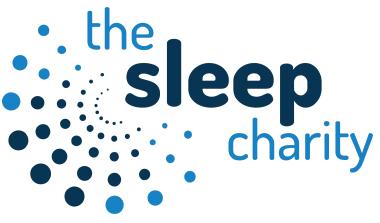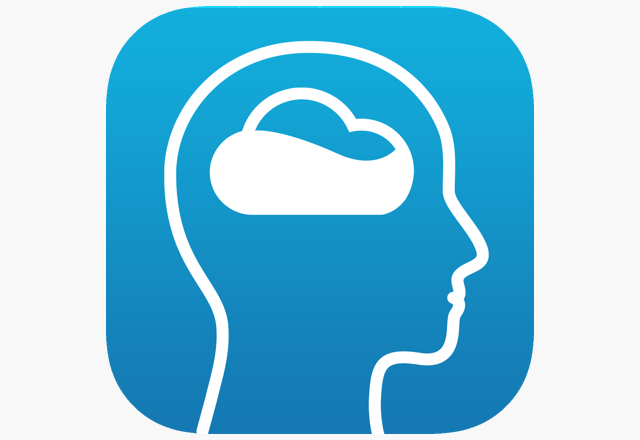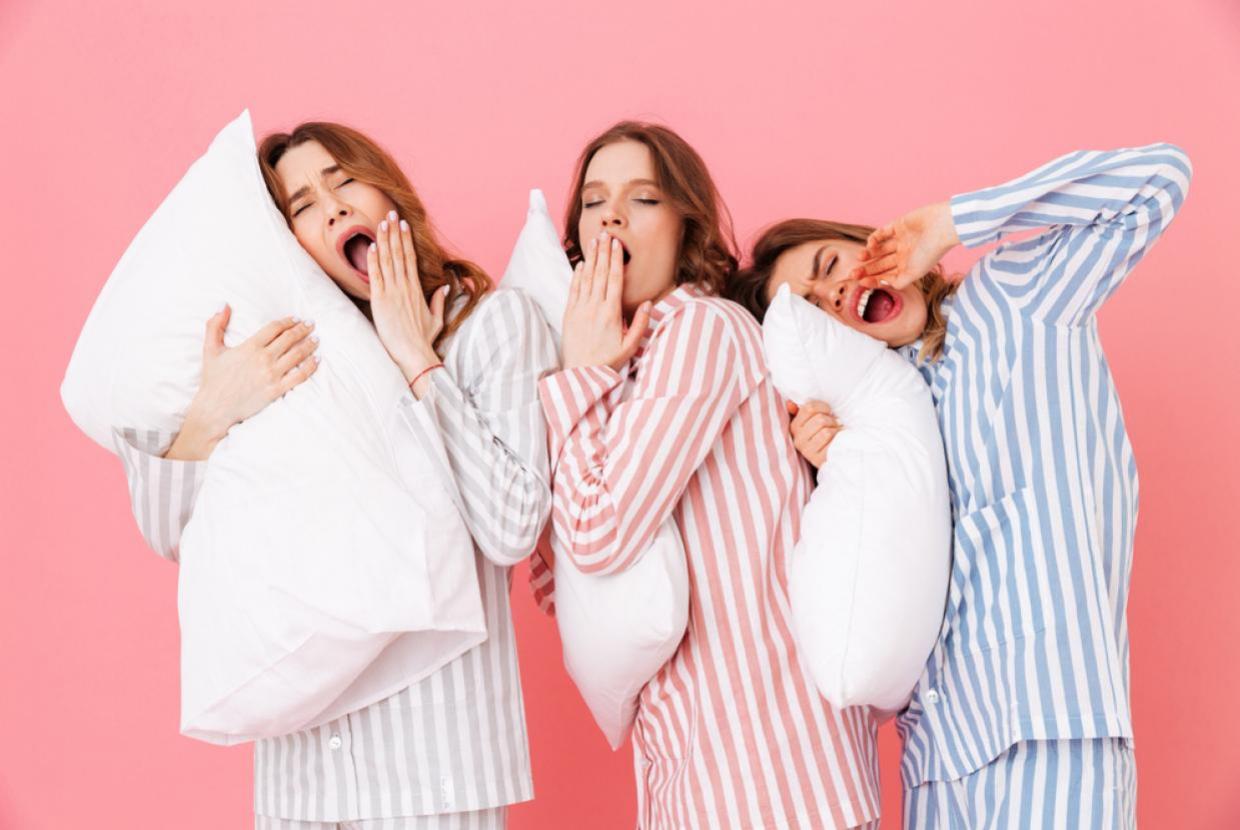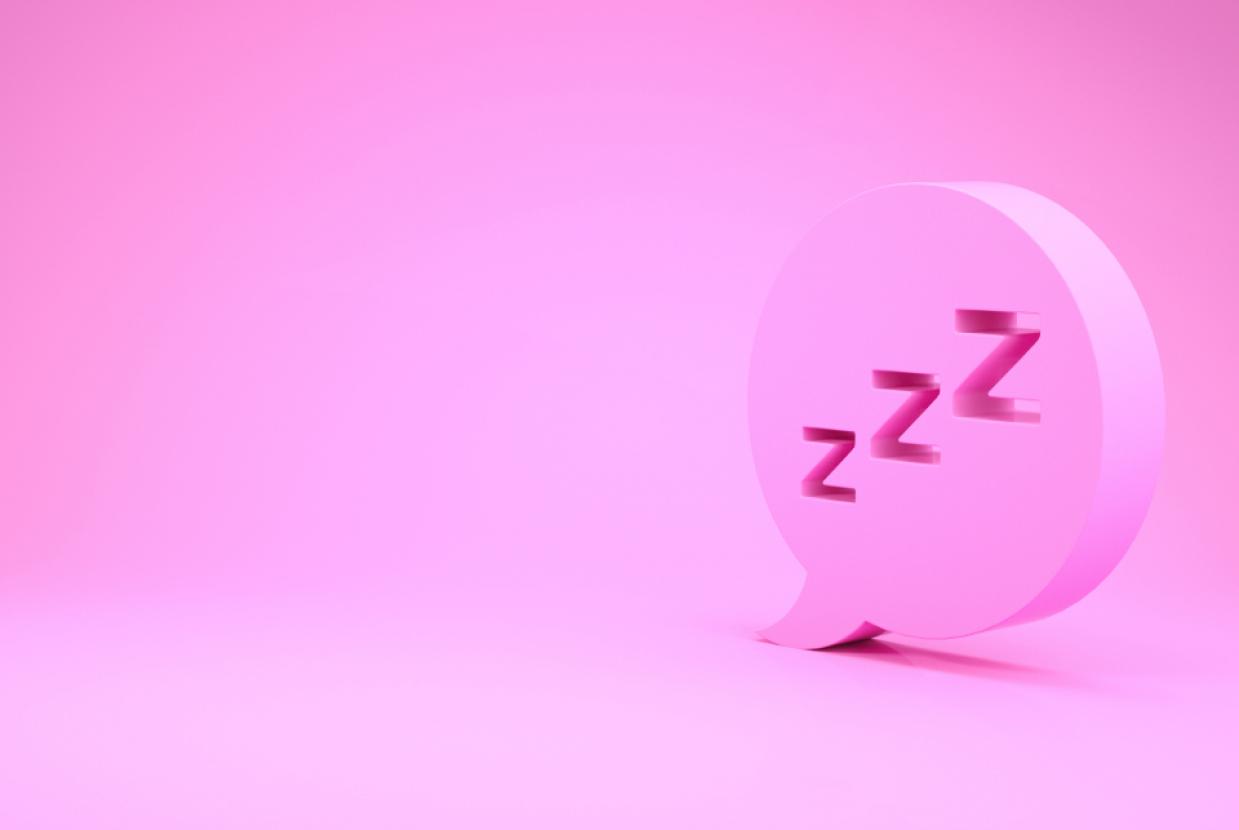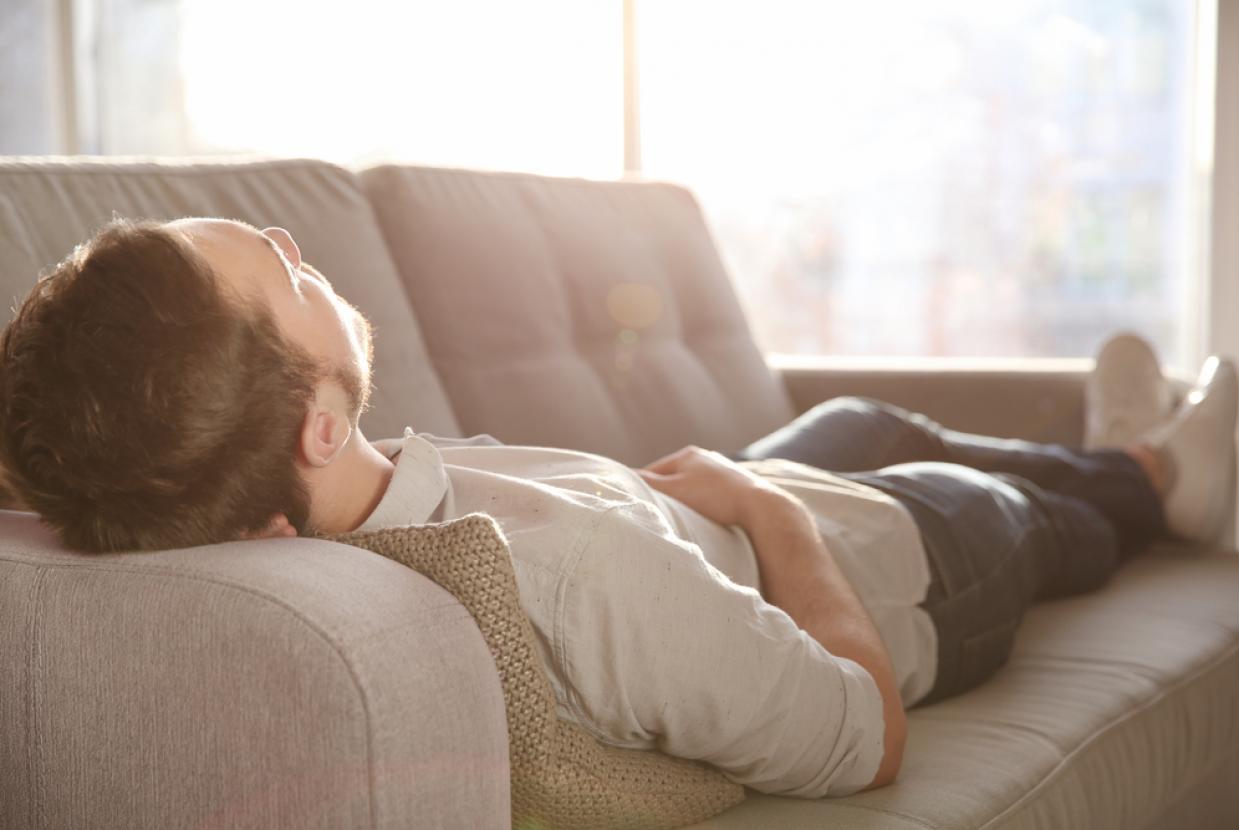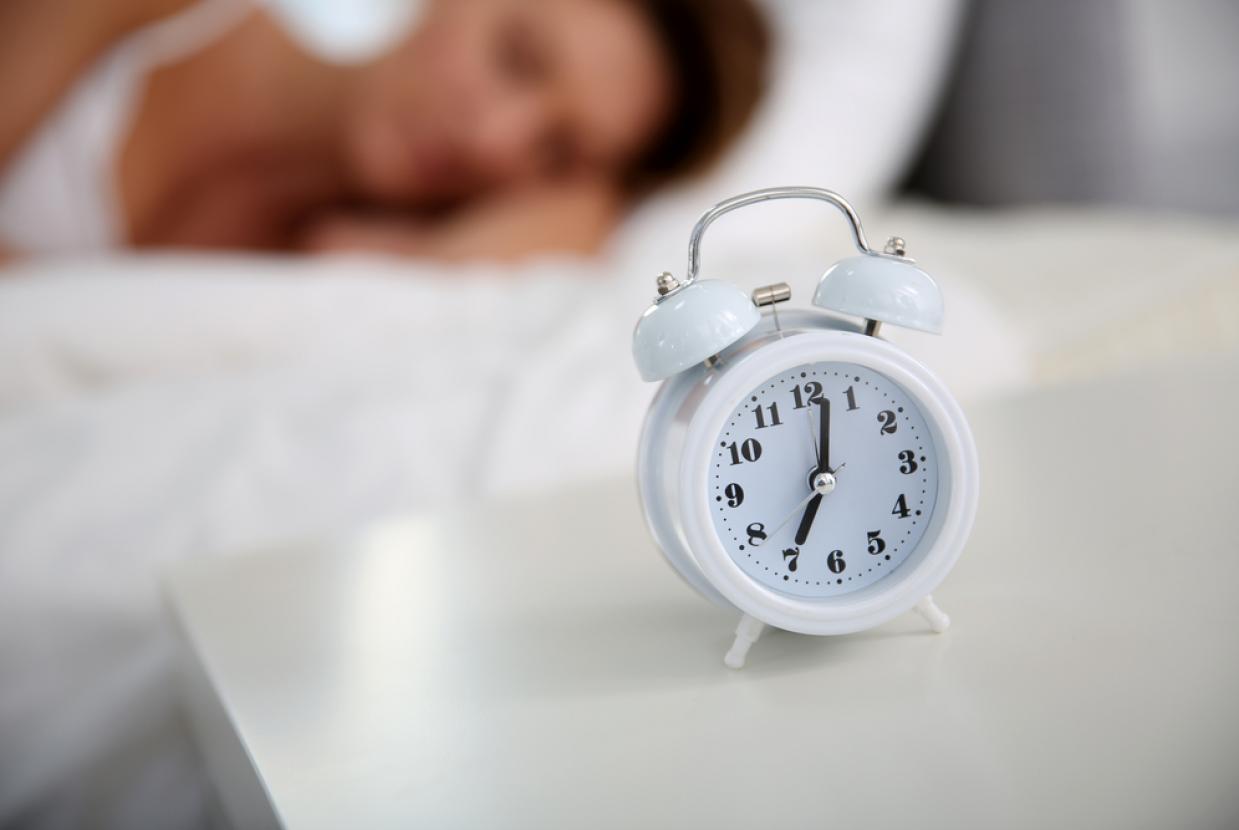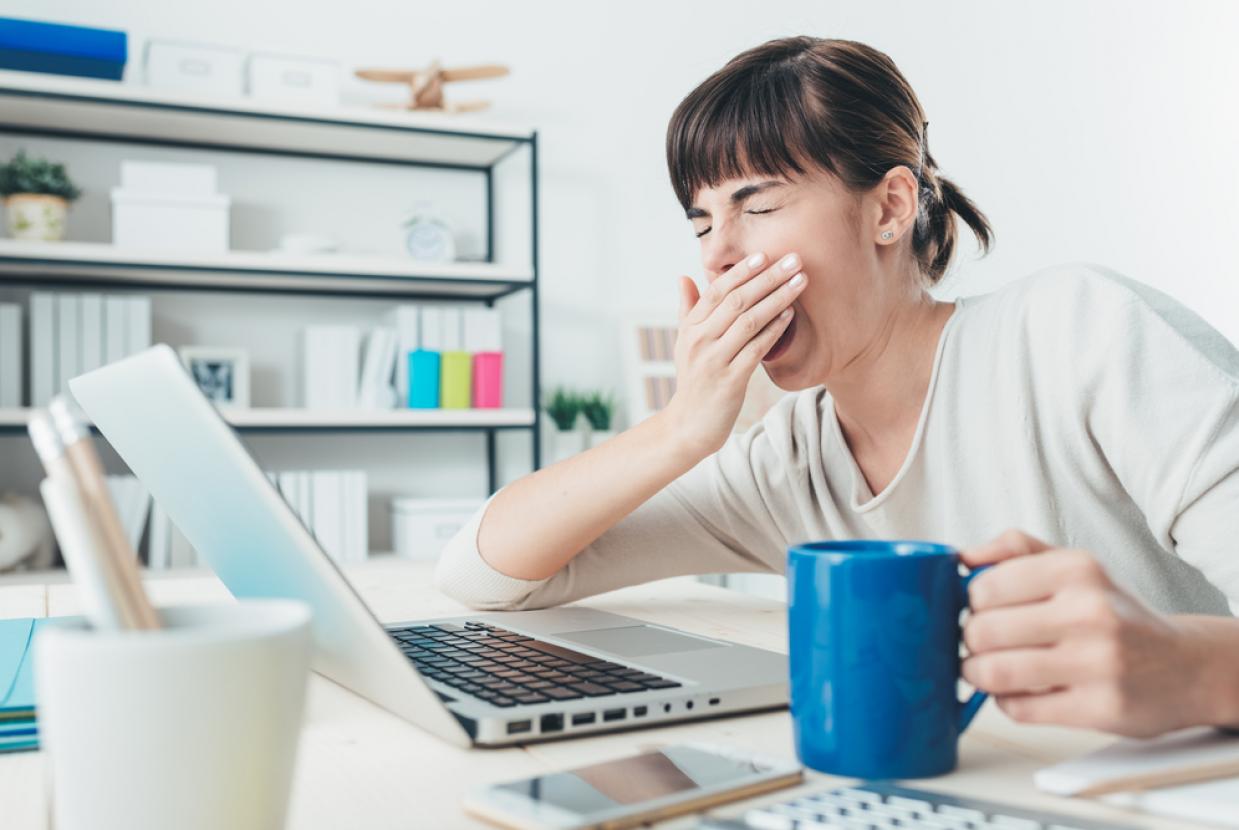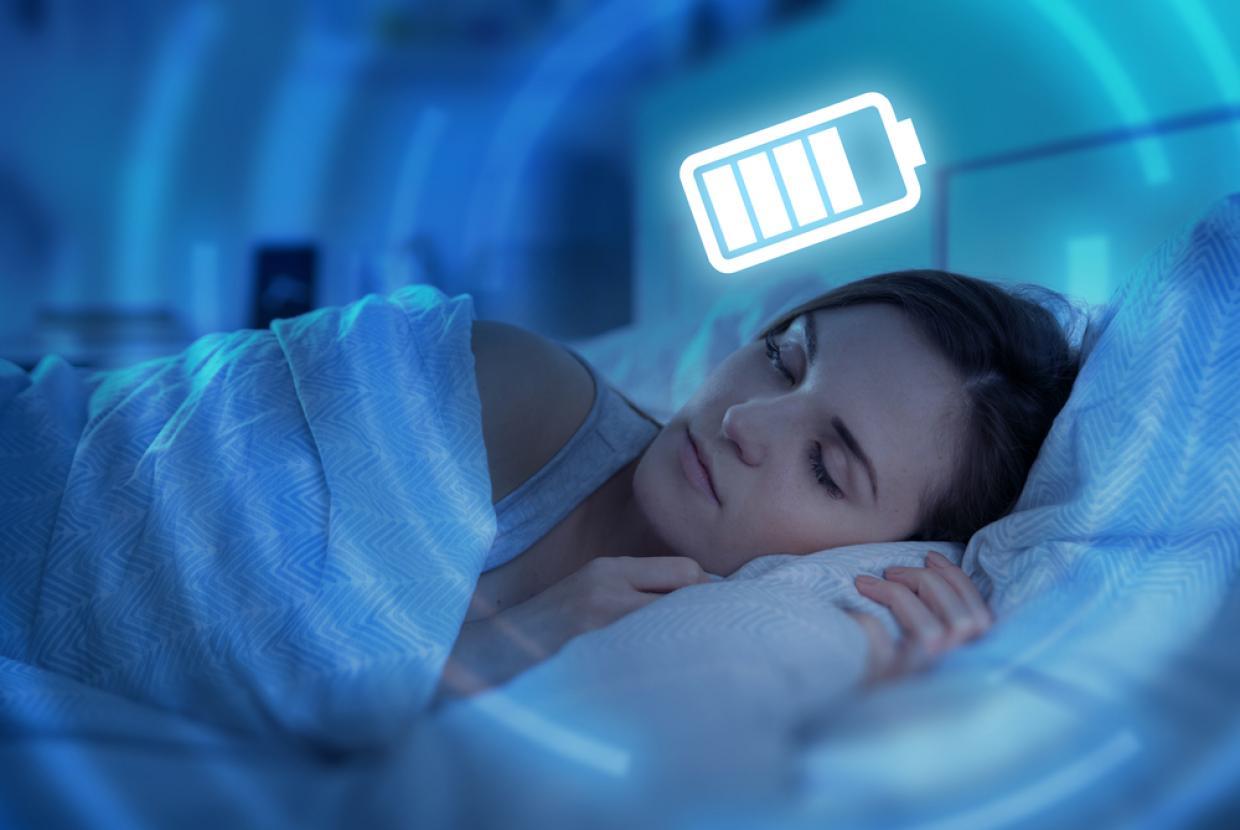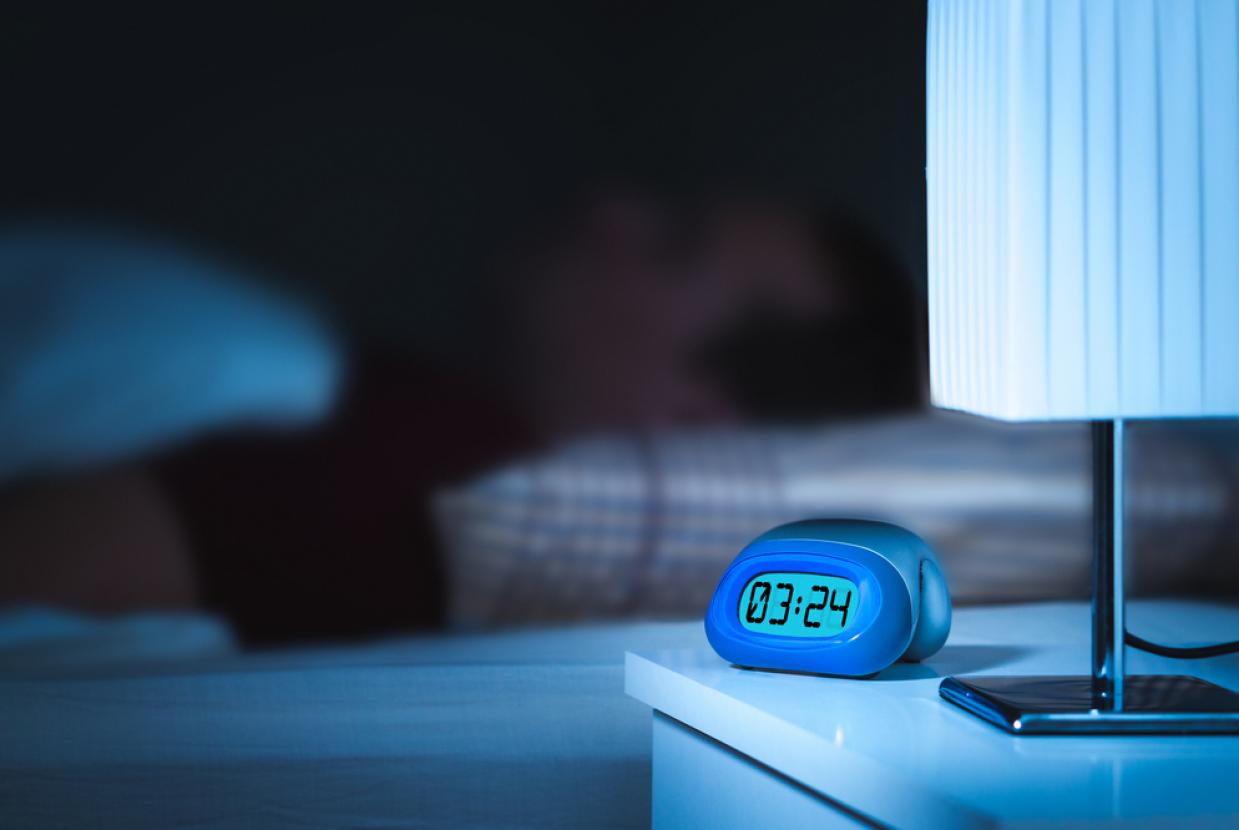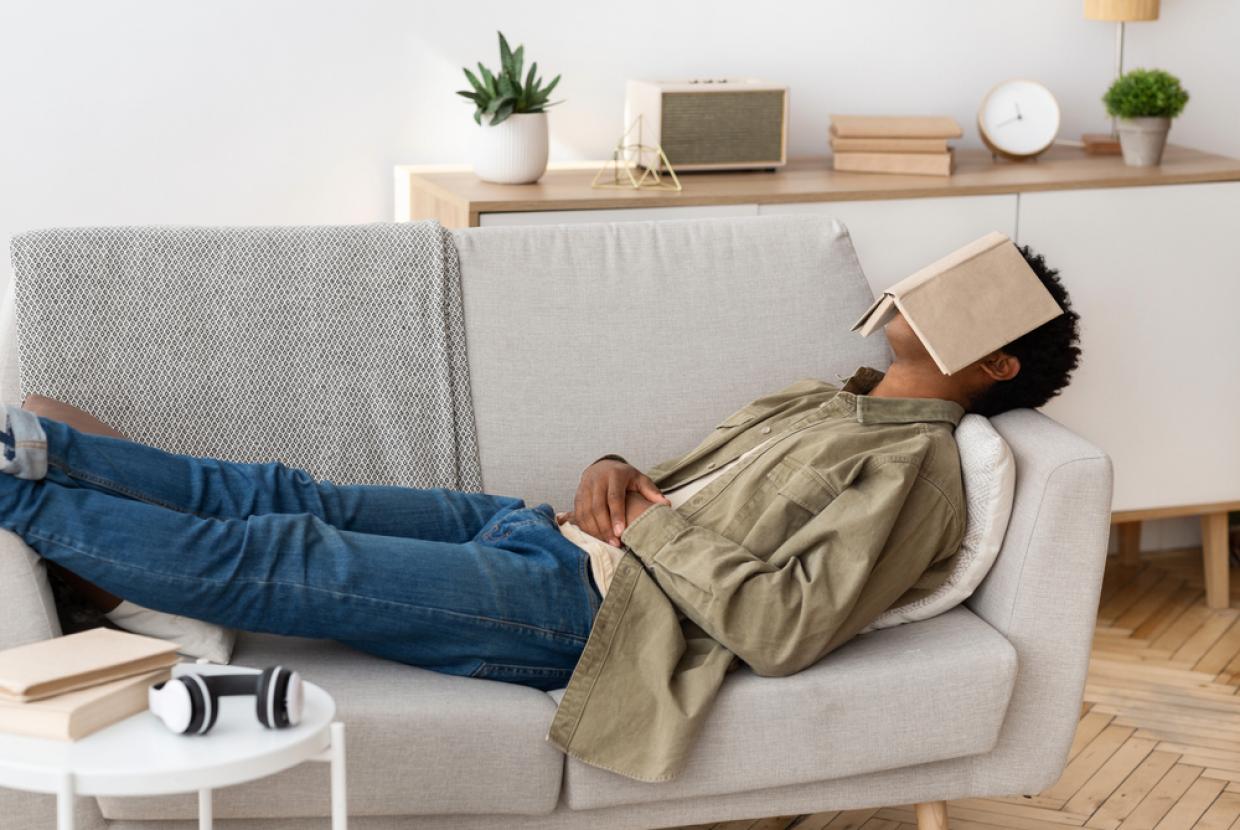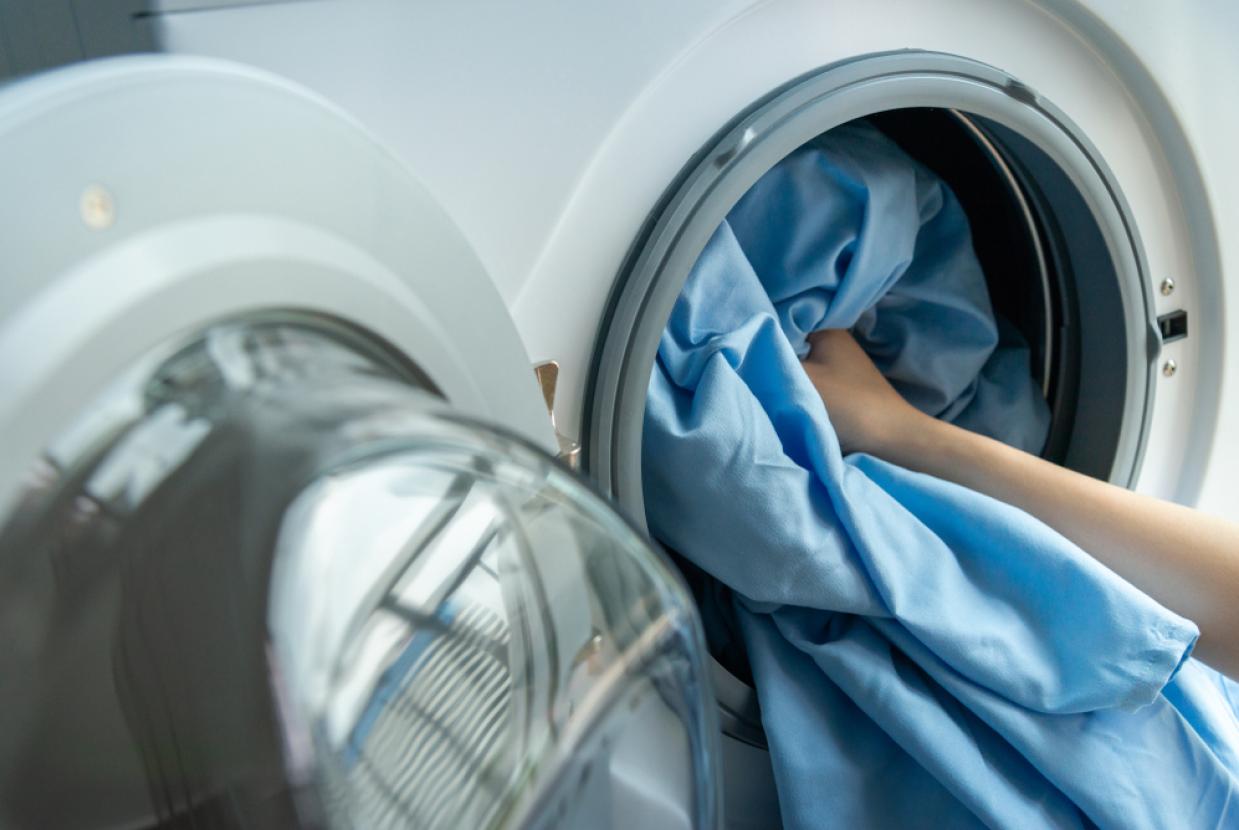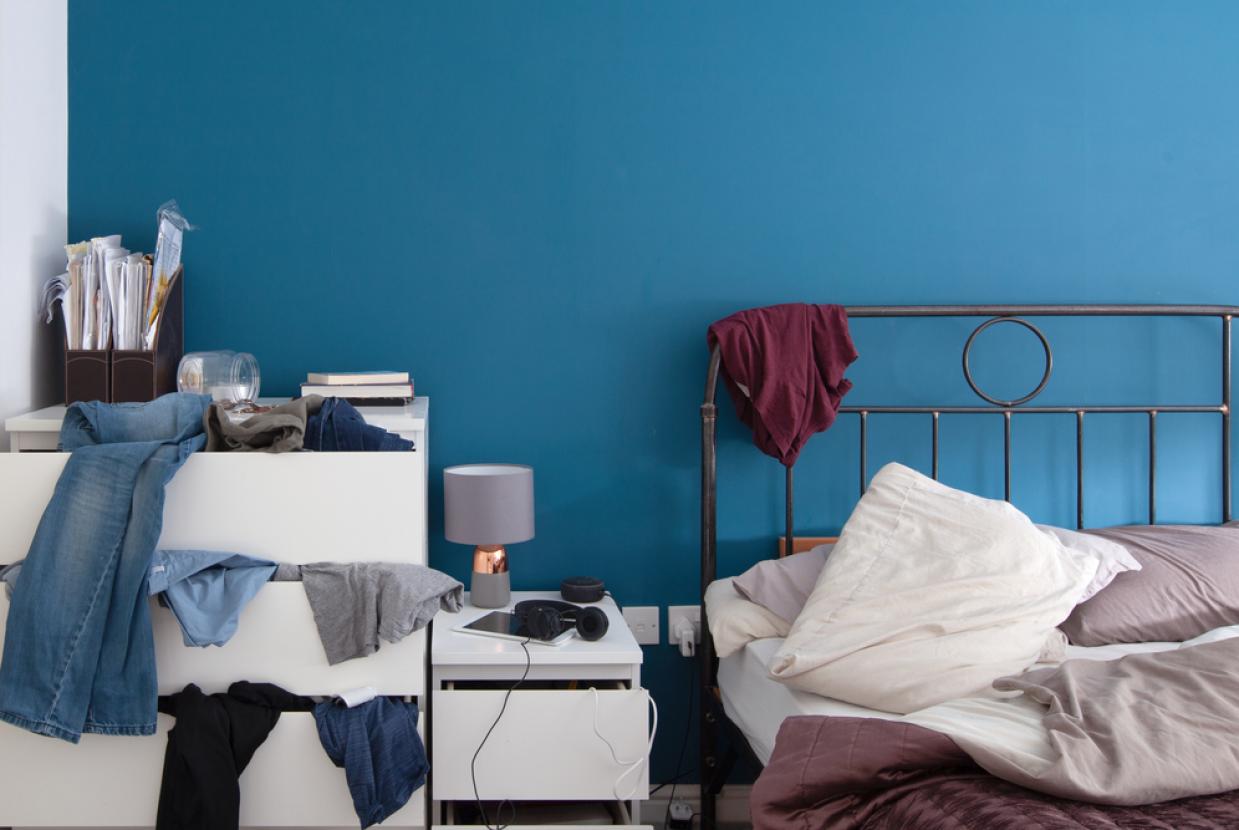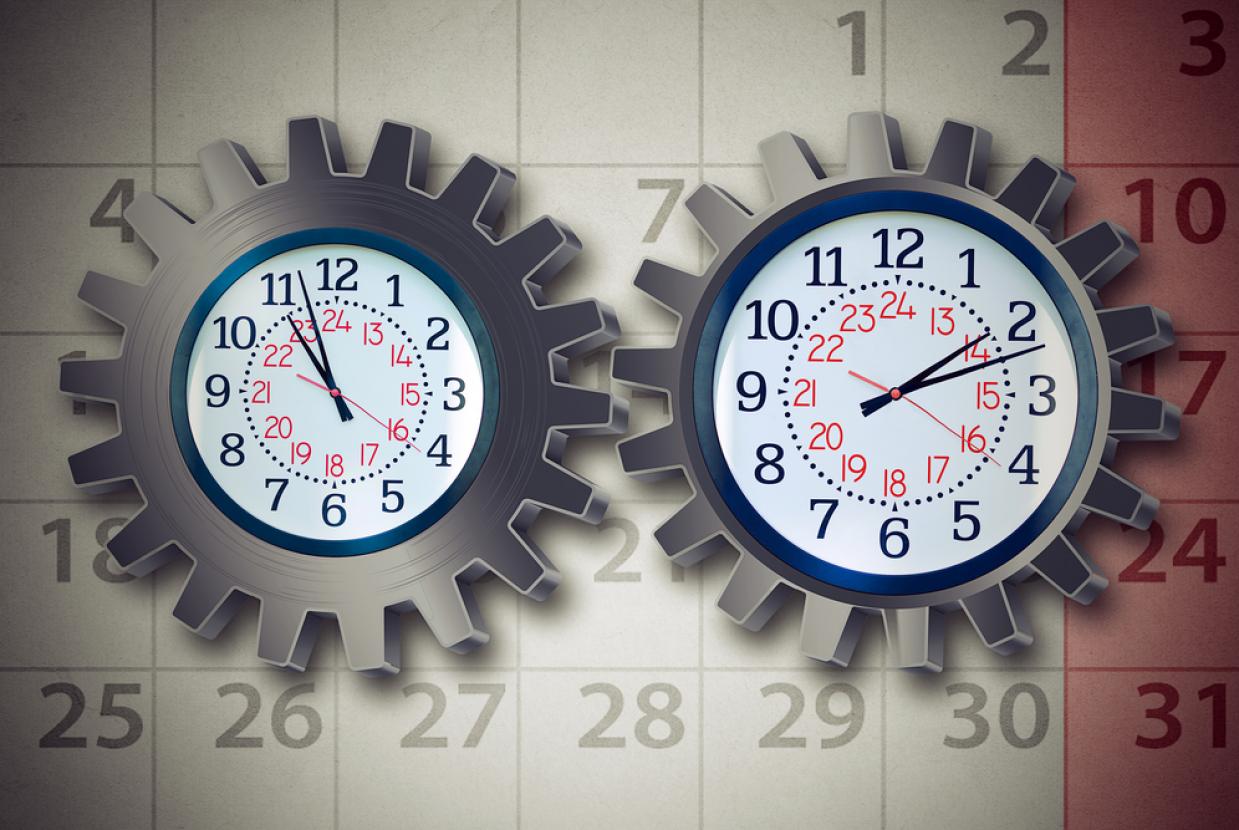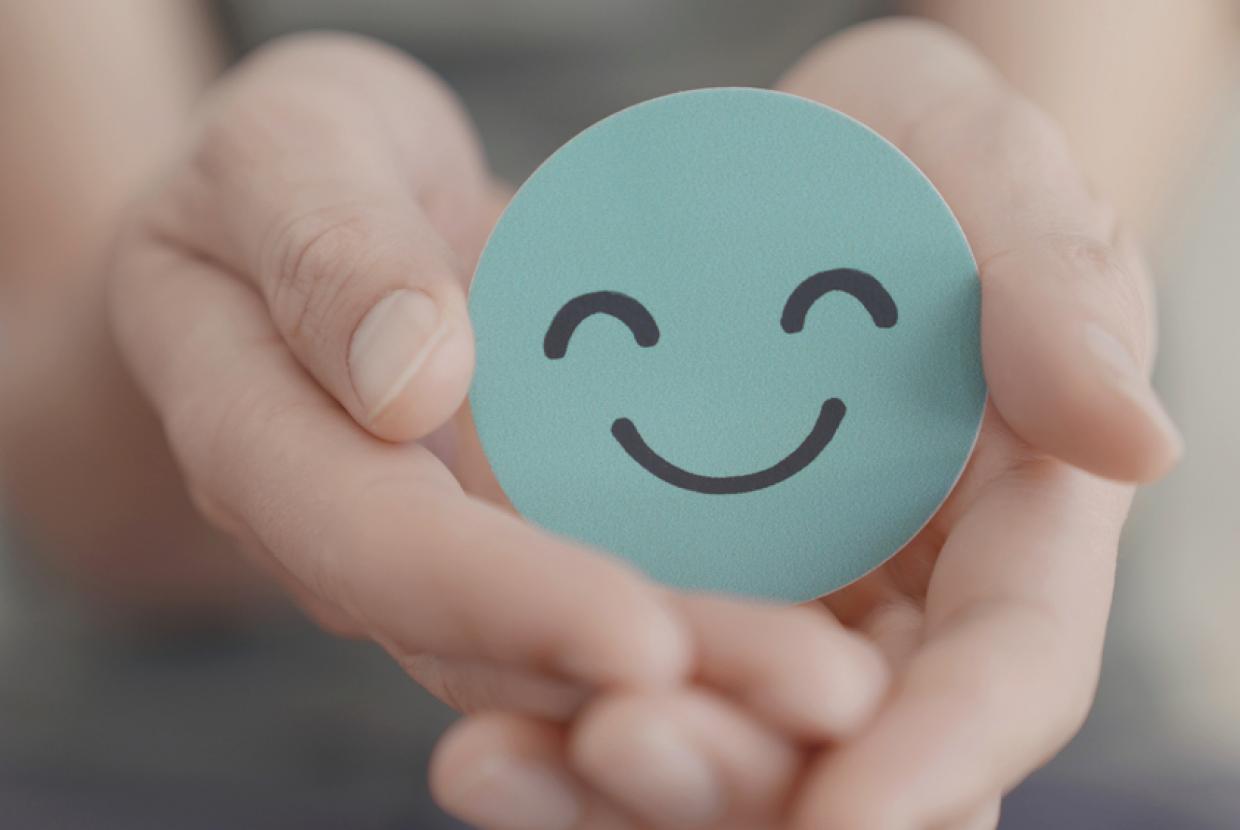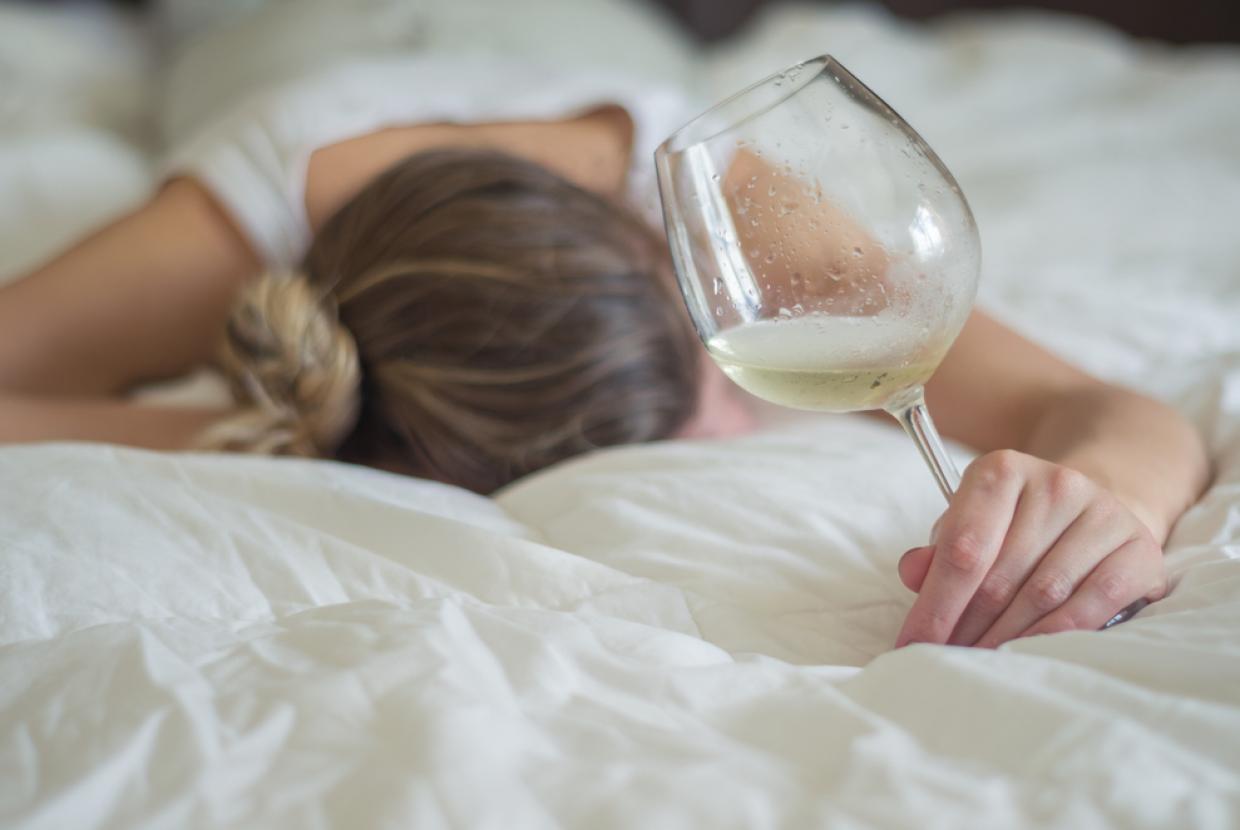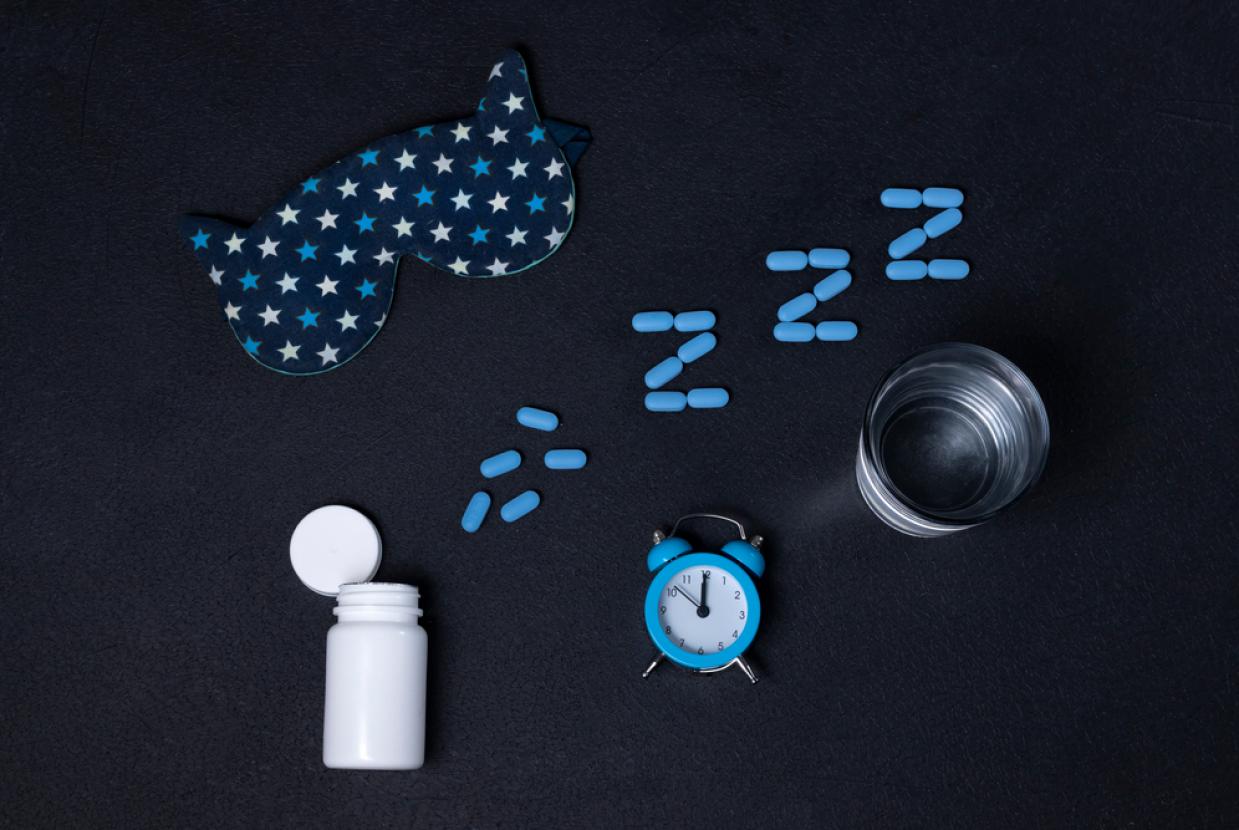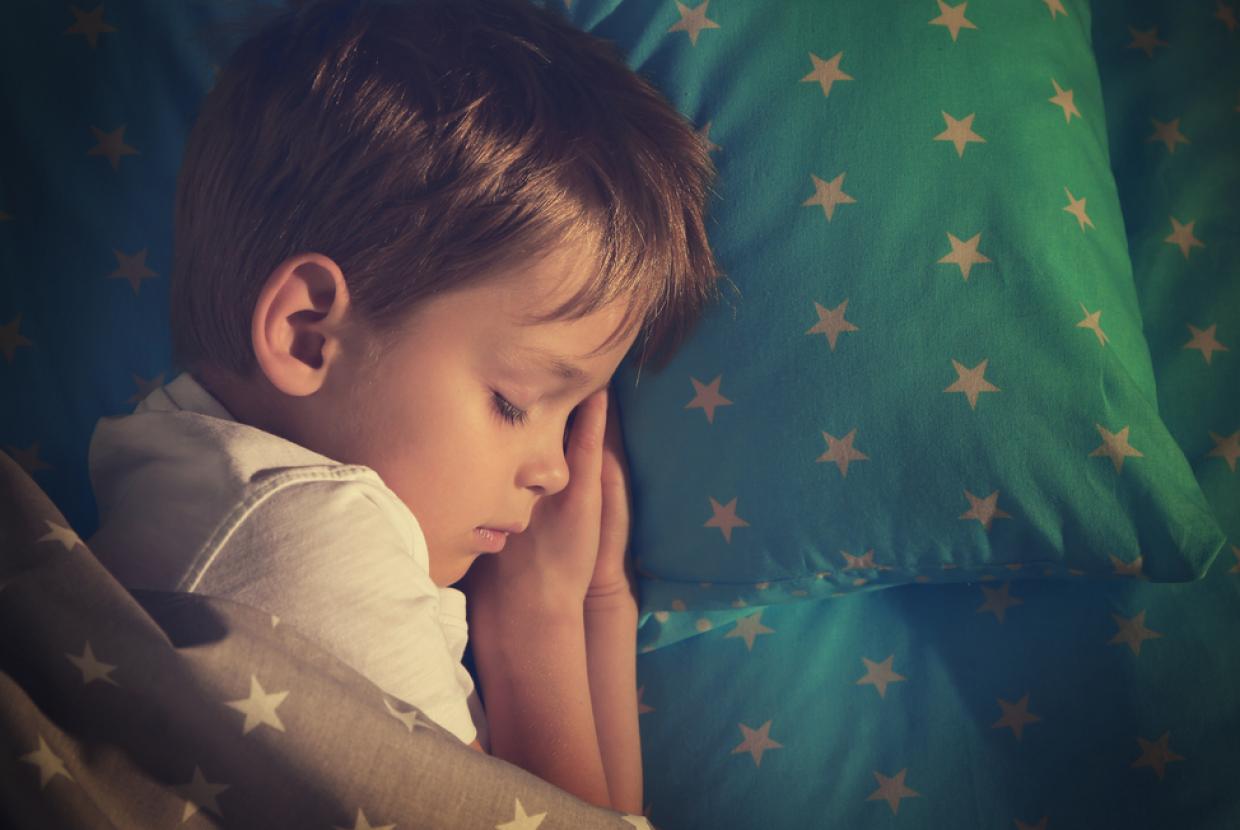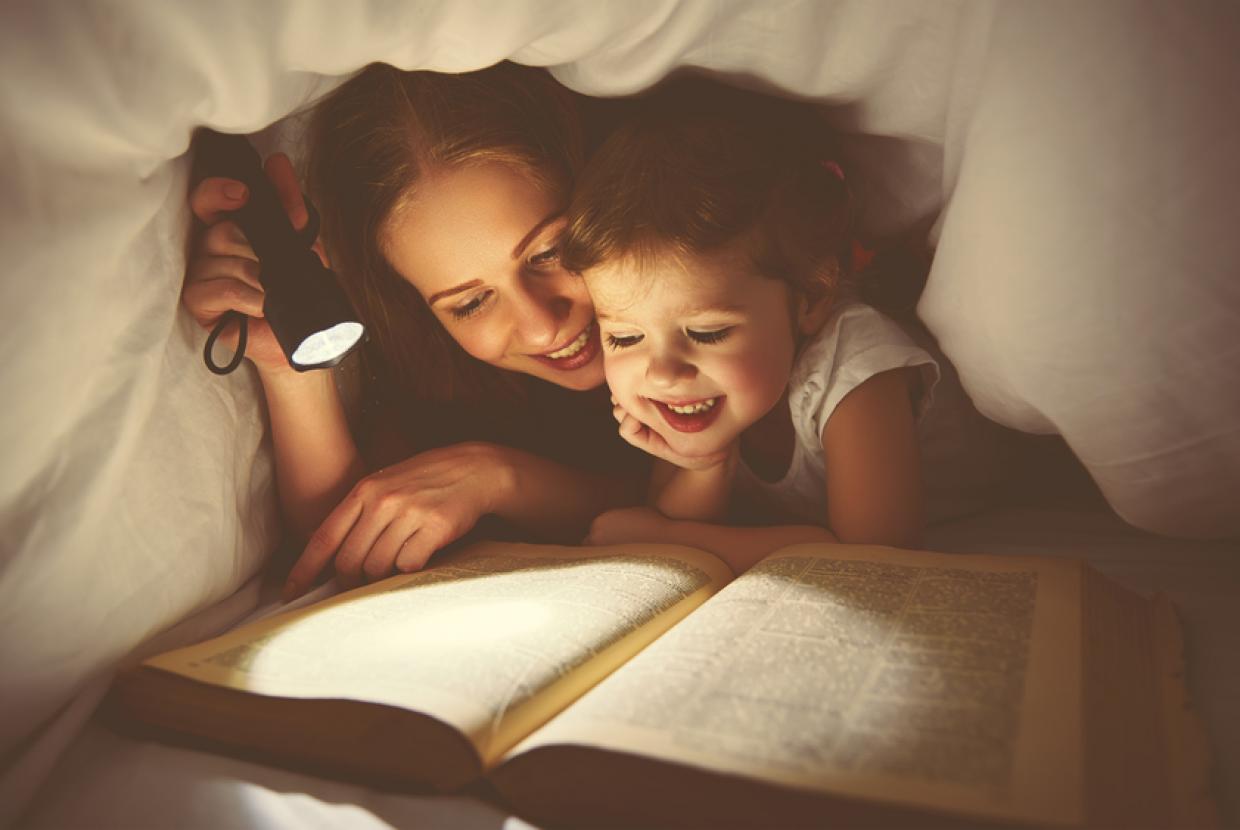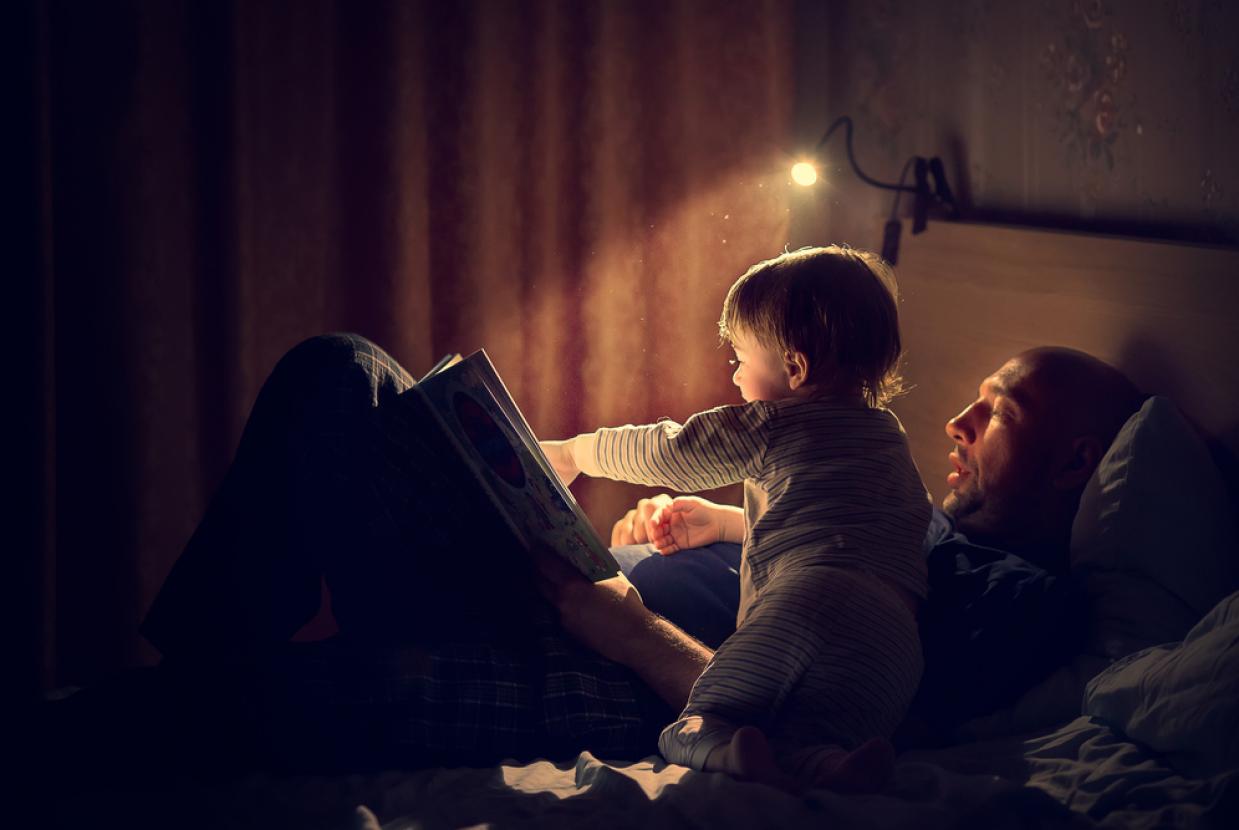Sleeptember: Blue Light & Sleep
Sleeping BetterBlue light is found in many energy efficient light sources and digital devices. It has a short wavelength that stimulates sensors in the eyes to send signals to your brain’s internal clock – tricking it into thinking its daytime. Blue light is beneficial in daylight hours as it boosts mood, reaction times and concentration.
How does blue light affect sleep?
Light is the most powerful cue for shifting the phase or resetting the time of the circadian clock. In an evening, the blue light that emits from devices (including TVs) suppresses the natural production of melatonin – the hormone you need to feel sleepy – and plays havoc with your body’s circadian rhythms making it harder to fall asleep and stay asleep.
Do blue light filters or blue light glasses help sleep?
For those who struggle to not use digital devices in the evening, blue light filters decrease the amount of blue light that emits from device screens whereas blue light glasses block exposure to the harmful light so your brain doesn’t get the signal that it’s supposed to stay awake.
Some smartphones and tablets now have a night shift mode to change the blue light to warmer, redder wavelength light (which is less powerful at suppressing melatonin and shifting circadian rhythms).
However the best thing is to stop using screens an hour before bedtime and keep electronics out of the bedroom – not only for the blue light but because the content is often cognitively stimulating.


